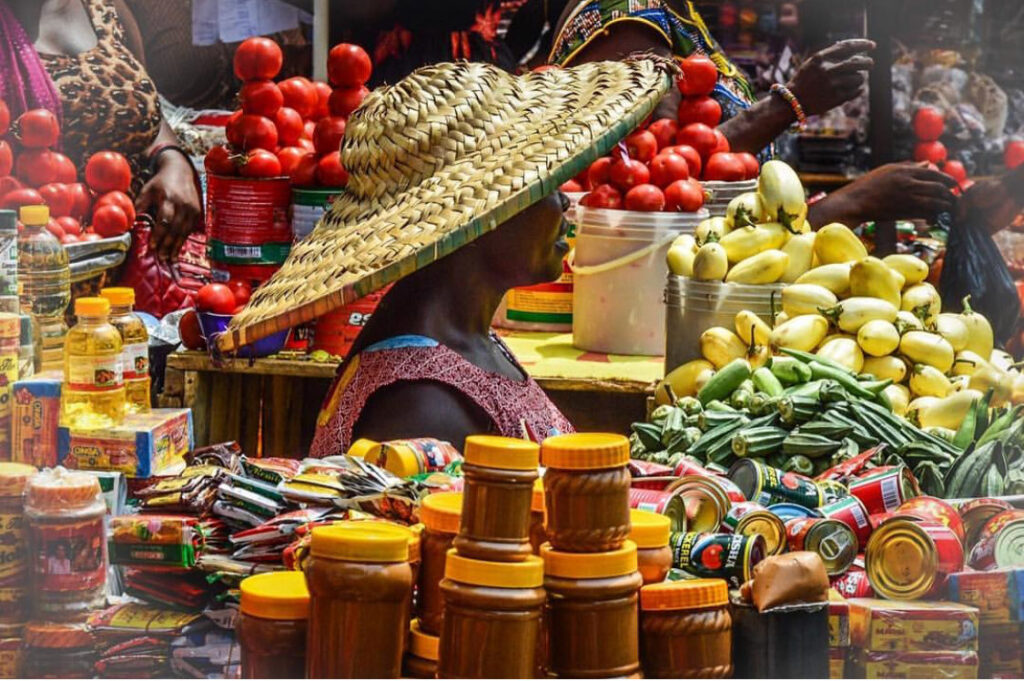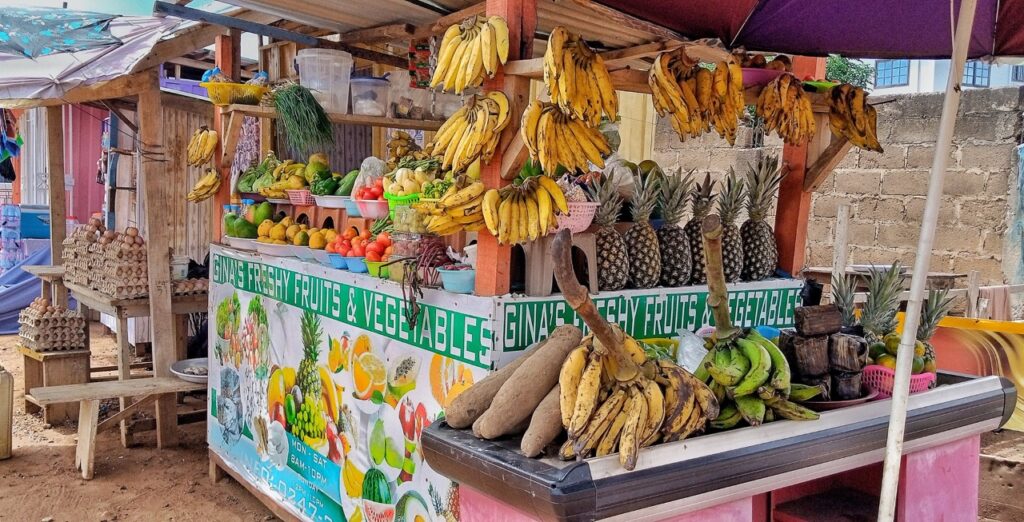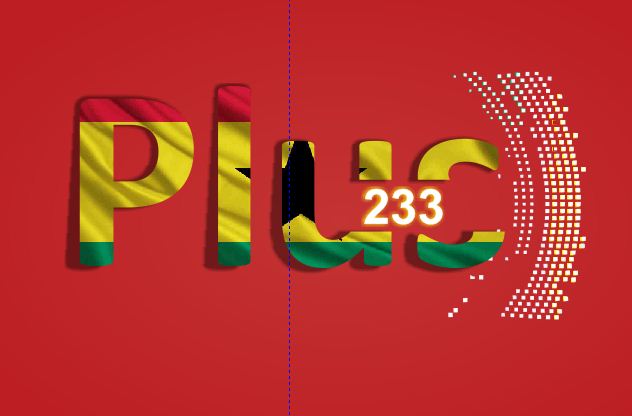Introduction
Are you considering a trip to Ghana and wondering how to get about the marketplaces and stores there? Acquiring the skill of bargaining in Ghana might get you fantastic prices on your purchases, where bargaining is a prevalent habit. This post will provide you advice on how to master the skill of bargaining in Ghana and how to get the greatest deals.
Steps to Follow When Bargaining in Ghana
Step 1: Research The Prices Before Heading to The Market
It’s critical to conduct pricing research on the things you wish to purchase. This will offer you a solid foundation from which to bargain. You may determine if a seller is being fair to you or overcharging you by having a concept of the prices.
Step 2: Start Low When Approaching a Seller
always make a lower offer than the price being asked for. Starting low provides you room to bargain and encourages the seller to lower their asking price. Don’t be frightened to bargain; remember that bargaining is part of Ghanaian tradition.
Step 3: Show Interest
It may be easier to bargain for a lower price if you can convince the vendor that you are interested in the item. Express your curiosity in the object, inquire about it, and give it a close look.

Step 4: Don’t be Afraid to Walk Away
Never be scared to leave a negotiation if the seller won’t lower their asking price to a level that you can live with. other vendors at the market can be open to bargaining. In the negotiation, keep in mind that you are in charge, and it’s crucial to stay within your allocated spending limit.
Step 5: Be Respectful
It’s crucial to keep in mind that bargaining is not a form of personal criticism even though it’s a popular practice in Ghana. Respect the seller and their way of life.
Step 6: Learn Some Local Phrases
In order to connect with the seller and demonstrate your interest in their culture, Learning a few local phrases in the local language can go a long way in making a connection with the seller and showing that you are interested in their culture.
Bargaining in Ghana: Common Phrases in Ewe and Twi
In Ghana, when bargaining at a market or shop, some common phrases that may be used for bargaining in the Twi and Ewe language, include:
Common Phrases Used for Bargaining in The Twi Language
- “How much is this?” (in the local language, ” Eyi yɛ dodow ahe?”)
- “That’s too expensive.” (in the local language, ” Ɛno bo yɛ den dodo”)
- “Can you give me a better price?” (in the local language, ” So wubetumi ama me bo a eye sen saa?”)
- “I’ll take it if you can lower the price.” (in the local language,
- ” Mefa no sɛ wubetumi atew ne bo so a.”)
- “I’m just looking, I’ll come back later.” (in the local language, ” Mehwɛ kɛkɛ, mɛsan aba akyiri yi “)
- “I can only afford this much.” (in the local language, ” Saa sika yi nkutoo na metumi atua.”) “I’ll buy in bulk if you lower the price.” (in the local language, ” Mɛtɔ wɔ dodow mu sɛ wobrɛ ne bo ase a”)
- “I’ve seen the same thing for cheaper elsewhere.” (in the local language, ” Mahu ade koro no ara wɔ mmeae afoforo a ne bo yɛ mmerɛw”)
- “I’m a regular customer, can you give me a discount?” (in the local language, ” Meyɛ daa customer, wobɛtumi ama me discount?”)

Common Phrases Used for Bargaining in The Ewe Language
- “How much is this?” (in the local language, ” Aleke gbegbee nye si?”)
- “That’s too expensive.” (in the local language, ” Ema xɔ asi akpa”)
- “Can you give me a better price?” (in the local language, ” Àte ŋu ana asi si nyo wuma?”)
- “I’ll take it if you can lower the price.” (in the local language,
- ” Maxɔe ne àte ŋu aɖe asi dzi akpɔtɔ.”)
- “I’m just looking, I’ll come back later.” (in the local language, ” Ðeko mele ŋku lém ɖe eŋu, matrɔ ava emegbe “)
- “I can only afford this much.” (in the local language, ” Ga home sia koe mate ŋu aƒle.”)
- “I’ll buy in bulk if you lower the price.” (in the local language, ” Maƒlee le agbɔsɔsɔ gã me ne èɖe asi dzi kpɔtɔ”)
- “I’ve seen the same thing for cheaper elsewhere.” (in the local language, “Mekpɔ nu ma ke na esiwo ƒe asi bɔbɔ wu le teƒe bubuwo.”)
- “I’m a regular customer, can you give me a discount?” (in the local language, ” Nyee nye asisi si ƒlea nu edziedzi, àte ŋu aɖe asi le eŋu nam?”)
Conclusion
Learning the Ghanaian art of bargaining can help you get amazing bargains on your items and have a fun shopping experience. You may successfully negotiate rates, start low, convey interest, walking away, be respectful, and learn a few local slang terms to help you get about Ghana’s markets and stores. Always remember that bargaining is customary and that it’s a good method to improve your bargaining skills as well as save money.
Watch: Bargaining to buy some local fish KOOBI in YEJI by Cooking with Sindaco
Related Articles: Time Out, Travel Jewels
